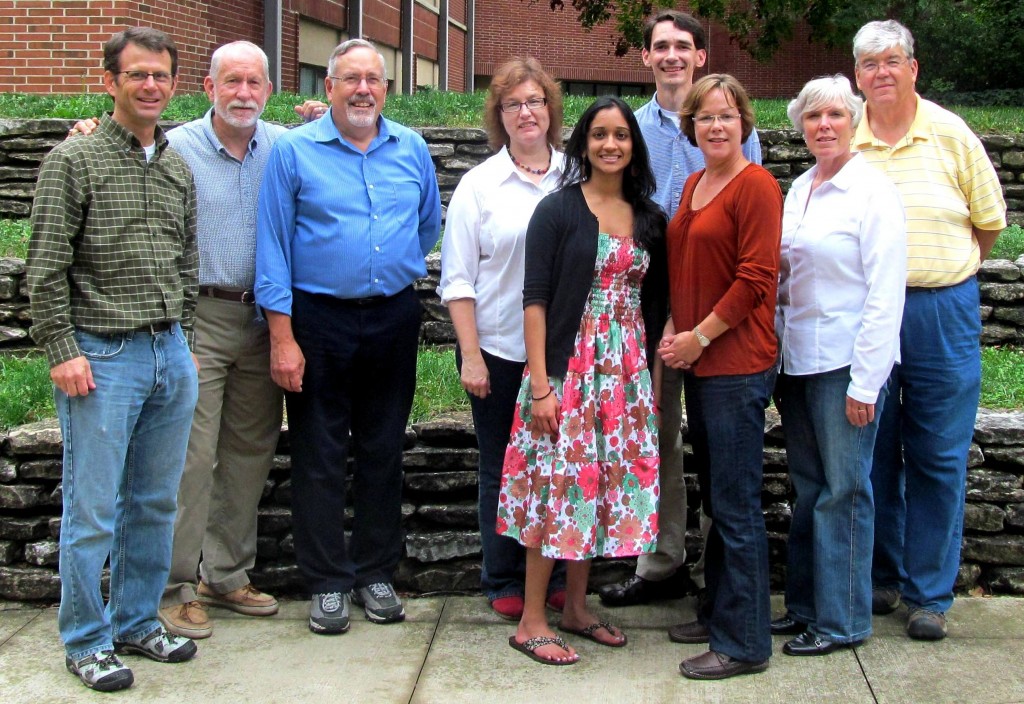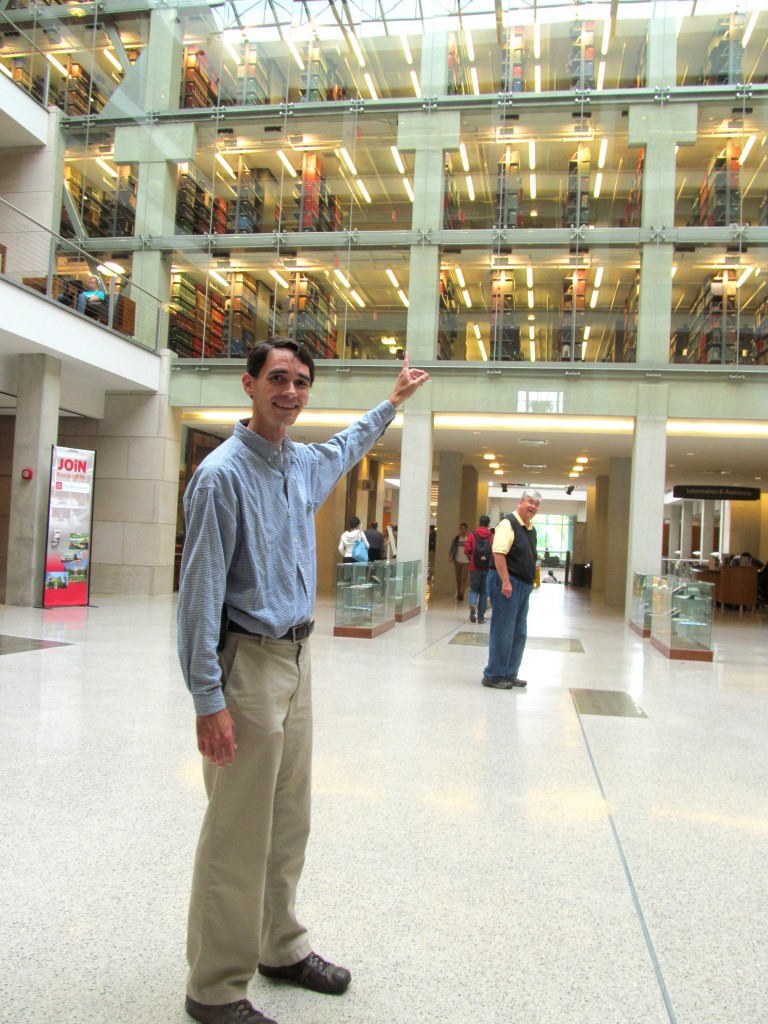
What does InterVarsity Christian Fellowship’s Faculty Ministry do? At a recent gathering, InterVarsity’s Faculty Ministry Leadership Team (FMLT) delved into
- Further development of ministry resources, for example . . .
- Getting the word out regarding InterVarsity’s growing Faculty Ministry
- Inviting others to partner/participate in shared ministry/conferencing
- Upgrading on-line presence/offerings.
- Keeping pace with the interest in the Emerging Scholars Network (ESN), for example . . .
- Planning and prioritizing labors in 2012-2013.
- Planting new Faculty Ministries: 5 year plan.
- Training/coaching of InterVarsity staff in Faculty Ministry, for example . . .
- Building upon past opportunities
- Stepping into new ones offered for the first time in 2013.
But even more importantly, we framed our conversation, planning, prayer, and team work by the study of and the commitment to the application of the Word of God in all aspects of life and ministry in higher education. Pray that these texts, in the context of the whole Scripture, would focus our labors each step of the way.
- Colossians 1:1-23: I encourage you individually and as part of a campus community to delve into Not One Square Inch (Faculty Ministry Bible study). Contextualize as necessary, e.g., if you are a student or leading a study in a student context, then substitute “student(s)” for “faculty.”
- I Corinthians 12:27-13:13: On ESN’s Facebook Wall, I have begun a daily devotional series based upon the study written by Nancy Thomas. Click here for second post in the series.
- Jeremiah 29:1-14: I encourage you individually and as part of a campus community to delve into Seek the Peace of the University (Faculty Ministry Bible study). Contextualize as necessary, e.g., if you are a student or leading a study in a student context, then substitute “student(s)” for “faculty.”
So, what does it mean to “seek the peace of the university”?

From the study of Jeremiah 29:1-14:
Verses 5-9 contain a series of commands that constitute a strategy for living faithfully in exile. Perhaps the key word in these verses is “welfare” (v. 7). This is a translation of the Hebrew word shalom, more commonly translated “peace.” Consider the following dictionary definition of shalom:
Basically the OT word for peace, shalom, means “completeness,” “soundness,” “well-being.” It is used when one asks of or prays for the welfare of another (Gn. 43:27/ Ex. 4:18; Jdg. 19:20), when one is in harmony or concord with another (Jos. 9:15; I Ki. 5:12), when one seeks the good of a city or country (Ps. 122:6; Jer. 29;7). It may mean material prosperity (Ps. 73:3) or physical safety (Ps. 4:8). But also it may mean spiritual well-being. Such peace is the associate of righteousness and truth, but not of wickedness (Ps. 85:10; Is. 48:18, 22; 57:19-21). (NBD (1996), p. 891)
What does this definition suggest the exiles should seek for Babylon? What might it suggest we should be seeking for our own university communities?
Consider the InterVarsity Christian Fellowship Faculty Ministry mission, vision, and basic values statement. It was formed as a result of thinking deeply as we were able about this question. Does it add any further thoughts to your understanding of what it means to seek the peace of your university? . . .
A prayer from the Anglican Book of Common Prayer as a closing petition:
Almighty God, we beseech you, with your gracious favor to behold our university, that knowledge may be increased among us, and all good learning flourish and abound. Bless all who teach and all who learn; and grant that in humility of heart they may ever look unto you, the fountain of all wisdom; through Jesus Christ our Lord. Amen.
Update: 10/5/2012. 9 AM.
Tom enjoys daily conversations regarding living out the Biblical Story with his wife Theresa and their four girls, around the block, at Elizabethtown Brethren in Christ Church (where he teaches adult electives and co-leads a small group), among healthcare professionals as the Northeast Regional Director for the Christian Medical & Dental Associations (CMDA), and in higher ed as a volunteer with the Emerging Scholars Network (ESN). For a number of years, the Christian Medical Society / CMDA at Penn State College of Medicine was the hub of his ministry with CMDA. Note: Tom served with InterVarsity Christian Fellowship / USA for 20+ years, including 6+ years as the Associate Director of ESN. He has written for the ESN blog from its launch in August 2008. He has studied Biology (B.S.), Higher Education (M.A.), Spiritual Direction (Certificate), Spiritual Formation (M.A.R.), Ministry to Emerging Generations (D.Min.). To God be the glory!

Leave a Reply